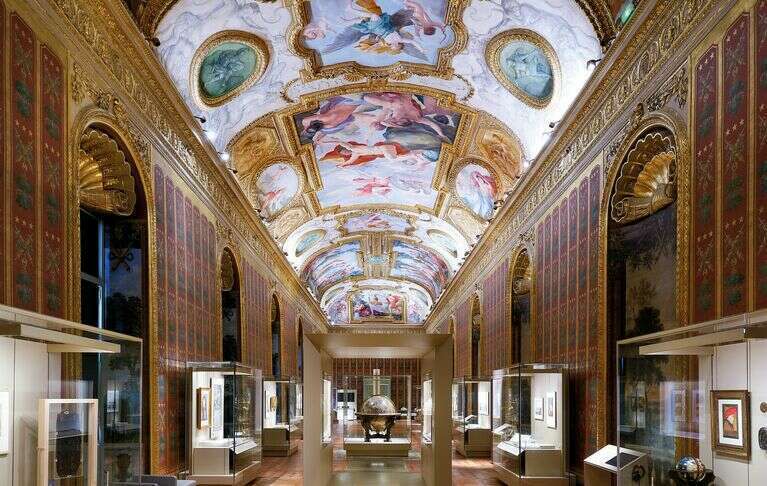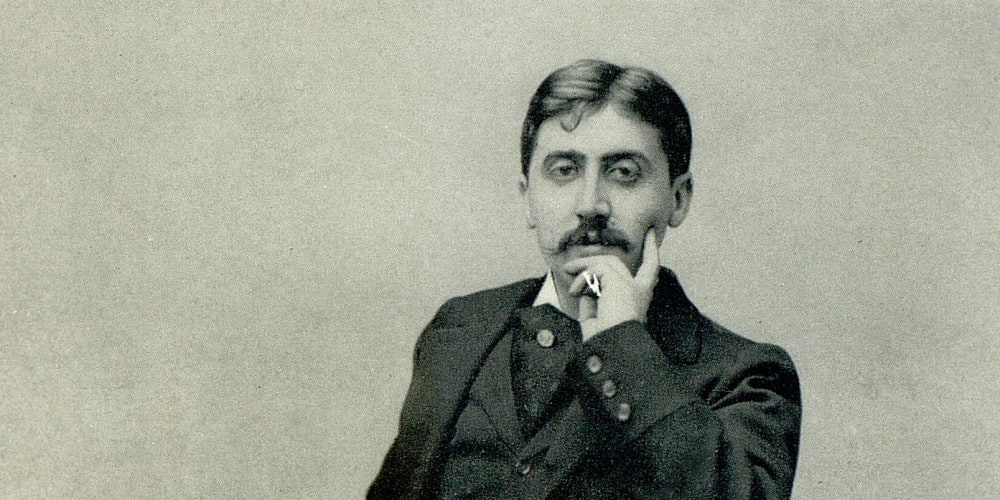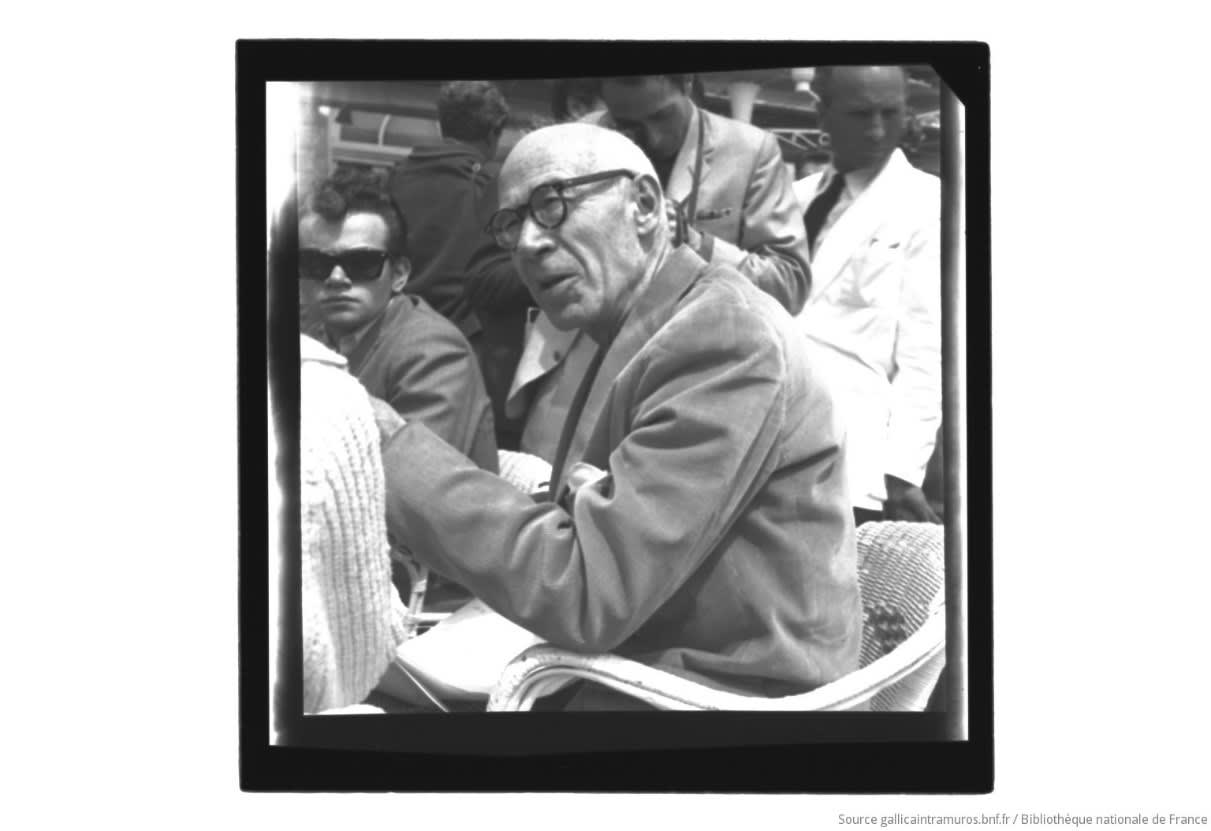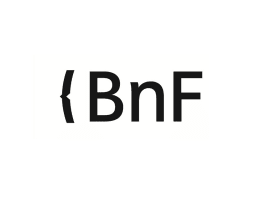Henry Miller's Return to Paris at the BnF
Participate in Henry Miller’s Return to Paris at the Bibliothèque Nationale de France “I've just mailed my fifth book, written by hand and illustrated in my own fashion, to my friend Emil Schnellock. All of them are 'unique' copies. There are no duplicates anywhere. Written especially for the person to whom sent. Et jusqu'à présent gratuit. Today I thought—what a pity I cannot receive a little money for my labors of love! Such a book would be worth a thousand dollars in a few years—and after a century it will be priceless. They will be seen under a glass in the museum or the Bibliothèque Nationale." Letter from H. Miller to Francis Dobo, March 16, 1939. The Bibliothèque Nationale de France The Bibliothèque Nationale de France (BnF) is the most significant institution under the French Ministry of Culture. As heir to France’s royal collections, a research hub, and a cultural actor, the BnF is nationally and internationally recognized for the importance of its collections: 40 million documents spanning all fields of knowledge from antiquity to the present day. The BnF actively acquires works in both French and foreign domains.
The Manuscripts Department The Manuscripts Department houses the world’s largest collection of medieval, modern, and contemporary manuscripts. This includes numerous ancient manuscripts of historical, scientific, diplomatic, religious, and literary texts, illuminated and painted manuscripts from the Middle Ages and Renaissance, as well as manuscripts preserved on a wide variety of materials, in different formats, and from diverse geographical origins. Enriched by acquisitions and donations from authors, collectors, and scholars, the Manuscripts Department’s encyclopedic collections focus particularly on literature (such as the Flaubert, Zola, and Valéry collections) and avant-garde movements (including Surrealism, Situationism, and the Beat Generation). Today, the department actively collects, organizes, and makes accessible the personal archives of French writers (such as Sartre, Simone de Beauvoir, Annie Ernaux, Michel Foucault, René Char, Roland Barthes, Pierre Guyotat, Hélène Cixous, and Édouard Glissant) as well as foreign writers with strong connections to France—its history, literature, and language. For instance, the department preserves manuscripts by Heinrich Heine, Turgenev, Miguel Ángel Asturias, and Antonio Tabucchi—writers who lived, worked, or sought refuge in Paris.
Why does the Miller collection belong at the BnF? Henry Miller had a deep connection with France and Paris. He lived there from 1930 to 1939, writing and publishing some of his most important works and forming a rich network of friendships. His books have had—and continue to have—a profound impact in France, where he is considered a 20th-century literary classic and remains highly admired. Both he and Anaïs Nin have achieved legendary status among literature enthusiasts. Miller’s work is closely tied to the history of French publishing. In 1945-1946, the first French translations of Tropic of Cancer , Black Spring , and Tropic of Capricorn caught the attention of the Cartel d’Action Sociale et Morale, which filed a lawsuit against Miller and his publishers for pornography. This led to what became known in the French press as “The Miller Affair.” Writers and critics rallied in his defense, and Maurice Nadeau, then a literary editor at Combat , organized a defense committee that included Georges Bataille, André Breton, Albert Camus, Paul Éluard, André Gide, Raymond Queneau, and Jean-Paul Sartre. With overwhelming support for Miller, the Minister of Justice eventually dropped the charges.
At the Manuscripts Department, the Henry Miller collection would be placed alongside a constellation of writers and artists who meant a great deal to him, both those he read those he had direct contact with.
The department already holds some of the most prestigious literary archives that were foundational influences on Miller, including: the Victor Hugo collection, which contains all of his manuscripts as well as an extensive collection of his drawings; the manuscript of A Season in Hell by Arthur Rimbaud, whom Miller attempted to translate and devoted a study to (The Time of the Assassins: A Study of Rimbaud , 1946); the Marcel Proust collection, whose concept of memory profoundly influenced Miller; and the Céline collection (Miller read Céline’s Journey to the End of the Night before its publication, likely drawing inspiration from it for parts of Tropic of Cancer ).
Miller’s collection would also be preserved alongside the manuscripts of writers he encountered in Paris. Chief among them is Blaise Cendrars, who wrote the first review of Tropic of Cancer . The title of that review, “Un écrivain américain nous est né”—or, in English, “Unto Us an American Writer is Born”—along with its analysis of the book, evoke the deep connection between Miller and France: “Even though he is a 100% American writing in English, this book springs from our soil, and Henry Miller is one of us, in spirit, in style, in his power and in his gifts, a universal writer like all those who have been able to put into a book their own vision of Paris.” The BnF also holds papers by Anaïs Nin, Antonin Artaud, and Georges Duhamel, as well as André Breton’s most important manuscripts, which entered the BnF’s collections after having been officially declared national treasures. And since 2012, the Manuscripts Department has preserved the correspondence between Miller and the Hungarian-French photographer Brassaï.
How will the BnF preserve and promote the Miller collection? The inclusion of the Miller archive in the BnF’s collections would guarantee it the best possible conditions for preservation and security in perpetuity, as all BnF documents are inalienable. Researchers will have access to the collection in the BnF reading rooms or remotely via the Gallica digital library.
The BnF will celebrate the acquisition and acknowledge its benefactors through a press release recognizing donors. It will also showcase the Miller collection through a series of cultural programs, including an exhibition in the Donors’ Gallery, a presentation in the BnF Museum, public readings by renowned French actors as part of the À voix haute series, and a day of lectures devoted to Miller by French and international scholars and artists.
How Can You Help? The Henry Miller Memorial Library needs to raise $150,000 to secure the transfer of this collection to the BnF. This amount reflects the costs of acquiring and preserving the collection since 1999. The BnF will contribute half of this sum. We need your support to raise the remaining $75,000 to bring Henry Miller back to Paris, to the Bibliothèque Nationale de France, just as he envisioned in 1939!



